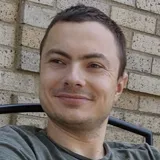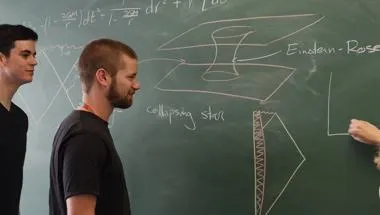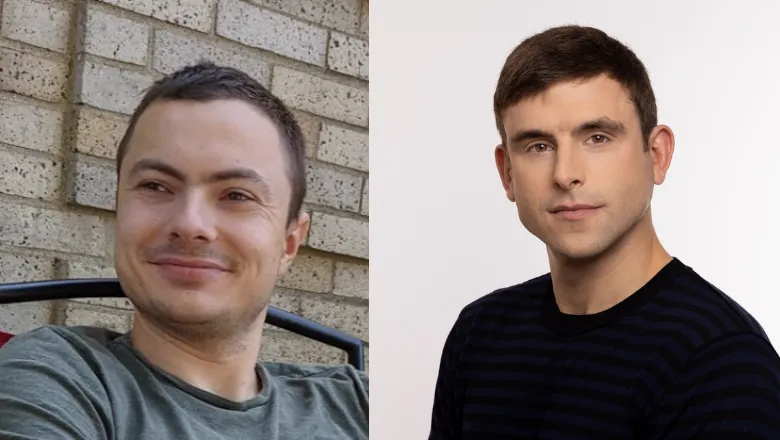
Dr Petr Kravchuk
Senior Lecturer in Theoretical Physics
Research interests
- Mathematics
Contact details
Biography
Petr received his PhD from California Institute of Technology in 2018. He has held postdoctoral positions at the Institute for Advanced Study (2018-2021) and the Simons Center for Geometry and Physics (2021) before joining King’s in 2022.
Research interests
Petr’s research interests are focused on non-perturbative aspects of Quantum Field Theories, especially Conformal Field Theories (CFTs), in more than two dimensions. CFTs play a central role in numerous areas of theoretical physics, such as phase transitions and critical phenomena, renormalisation group flows, and the AdS/CFT correspondence.
In most interesting cases these theories are non-perturbative, meaning that standard methods such as Feynman diagram expansion do not apply. Petr’s main area of expertise is the conformal bootstrap, which is a powerful framework for studying non-perturbative CFTs. A lot of his research is related to the numerical methods of conformal bootstrap, which allow one to rigorously extract precise information about CFTs using HPC calculations. Another key part of Petr’s research is focused on the structure of the spectrum of CFTs and revolves around ideas such as the Regge trajectories, light-ray operators, and asymptotic observables.
Further information
Research

Theoretical Physics
The group is at the forefront of research in supersymmetry, string and M- theory and related areas.
News
King's mathematicians awarded competitive European Research Council grants
Dr Petr Kravchuk and Dr Benjamin Krause received the funding to further their cutting-edge research

Research

Theoretical Physics
The group is at the forefront of research in supersymmetry, string and M- theory and related areas.
News
King's mathematicians awarded competitive European Research Council grants
Dr Petr Kravchuk and Dr Benjamin Krause received the funding to further their cutting-edge research

